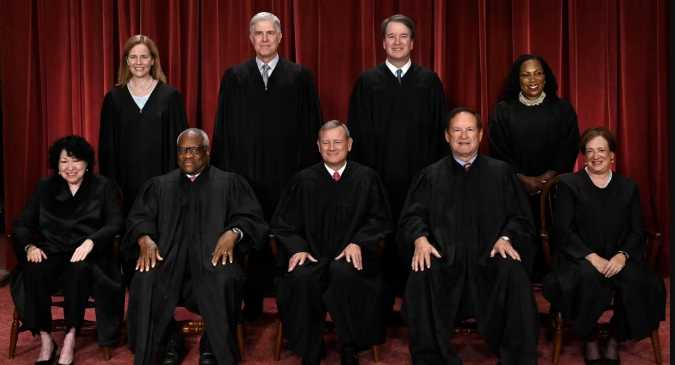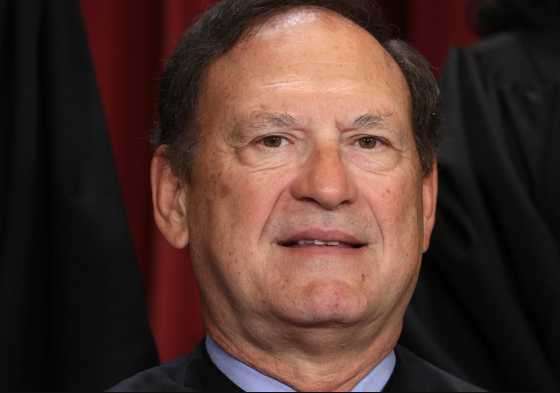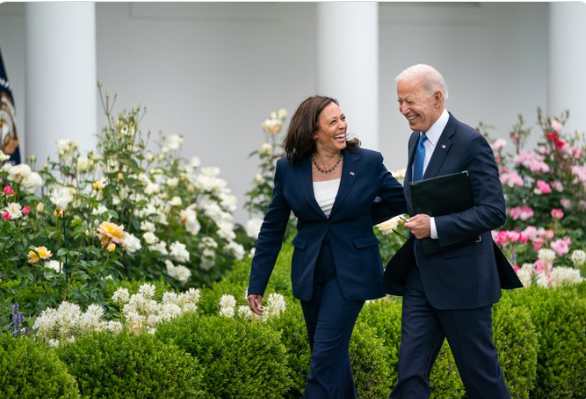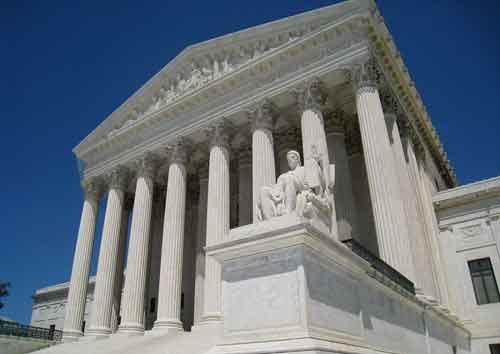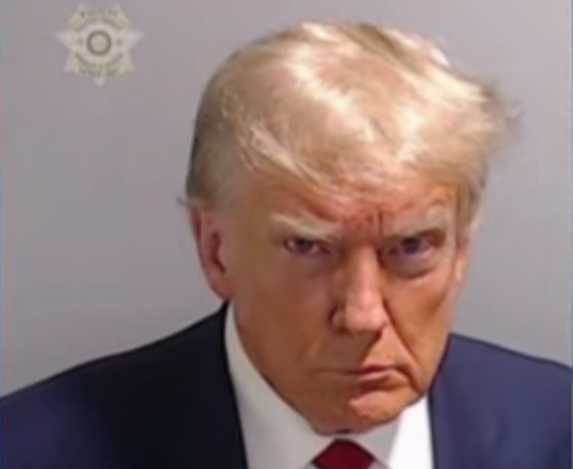“Justice Alito was involved in an organized campaign to block congressional action with regard to a matter in which he has a personal stake,” reads the complaint filed by Sen. Sheldon Whitehouse.
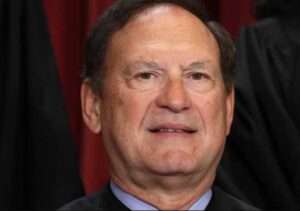
Democratic Sen. Sheldon Whitehouse filed an ethics complaint against Supreme Court Justice Samuel Alito on Tuesday, accusing the right-wing judge of improperly interfering with congressional efforts to reform the scandal-plagued high court.
The complaint points to Alito’s comments in a recent Wall Street Journal interview conducted in part by David Rivkin, an attorney for notorious Federalist Society co-chair Leonard Leo. Rivkin is also representing the plaintiffs in a case that could preemptively ban lawmakers from enacting a wealth tax.
In their write-up of the Alito interview, Rivkin and Journal editor James Taranto specifically mention Whitehouse’s Supreme Court ethics legislation, which passed out of the Senate Judiciary Committee in a party-line vote in July. The bill, which has not yet received a vote in the full Senate, would require the Supreme Court to adopt a binding code of ethics—something every other federal court in the U.S. has done.
Rivkin and Taranto follow their brief summary of the legislation with a quote from Alito, who said, “No provision in the Constitution gives [Congress] the authority to regulate the Supreme Court—period.”
Whitehouse argued in his new ethics complaint that Alito’s “decision to opine publicly on the constitutionality of that bill may well embolden legal challenges to the bill should it become law.”
The complaint, which was sent to Chief Justice John Roberts, continues:
Justice Alito’s opining will also fuel obstruction of our Senate investigations into these matters. To inform its work on my bill and other judicial ethics legislation, and oversee the performance of the statutory Judicial Conference in this arena, the Senate Judiciary Committee is investigating multiple reports that Supreme Court justices have accepted and failed to disclose lavish gifts from billionaire benefactors.
Separately, the Senate Finance Committee is investigating the federal tax considerations surrounding the billionaires’ undisclosed gifts to Supreme Court justices. Both committees’ inquiries have been stymied by individuals asserting that Congress has no constitutional authority to legislate in this area, hence no authority to investigate. Justice Alito’s public comments prop up these theories.
Alito’s comment about Congress’ supposed powerlessness to regulate the high court prompted outrage and rebuttals at the time, with New York Times columnist Jamelle Bouie calling it “a categorical statement of judicial supremacy that also stands as a glimpse into the arrogance of one justice on a court that falsely sees itself as the only and final authority on what the Constitution means.”
Whitehouse’s complaint emphasizes that Alito’s comment was made to an individual who is representing Leo—a key architect of the right-wing takeover of the Supreme Court—as the Senate investigates him over “actions to facilitate gifts of free transportation and lodging that Justice Alito accepted from Paul Singer and Robin Arkley II in 2008.”
As ProPublicareported in June, Leo “helped organize” the undisclosed luxury fishing vacation that Alito took with Singer, a billionaire hedge fund tycoon who later had business before the Supreme Court. Singer also had financial ties to supporters of legal challenges filed against President Joe Biden’s initial student debt cancellation plan, which Alito and the rest of the high court’s conservative supermajority struck down in June.
“The timing of Justice Alito’s opining suggests that he intervened to give his friend and political ally [Leo] support in his effort to block congressional inquiries,” Whitehouse’s complaint states.
The complaint also points to the “unpleasant fact” that “Alito’s opining apparently at the behest of his friend and ally’s lawyer, props up an argument being used to block inquiry into undisclosed gifts and travel received by Justice Alito.”
“In the worst case facts may reveal, Justice Alito was involved in an organized campaign to block congressional action with regard to a matter in which he has a personal stake,” the complaint reads. “Whether Justice Alito was unwittingly used to provide fodder for such interference, or intentionally participated, is a question whose answer requires additional facts. The heart of any due process is a fair determination of the facts. Uniquely in the whole of government, the Supreme Court has insulated its justices from any semblance of fair fact-finding.”
“The obstructive campaign run by Mr. Rivkin and Mr. Leo, fueled by Justice Alito’s opining, appears intended to prevent Congress from gathering precisely those facts,” the complaint adds. “The Supreme Court should not be helpless when it comes to policing its own members’ ethical obligations. But it is necessarily helpless if there is no process of fair fact-finding, nor independent decisionmaking. I request that you as chief justice, or through the Judicial Conference, take whatever steps are necessary to investigate this affair and provide the public with prompt and trustworthy answers.”
[content id=”52927″][content id=”79272″]

